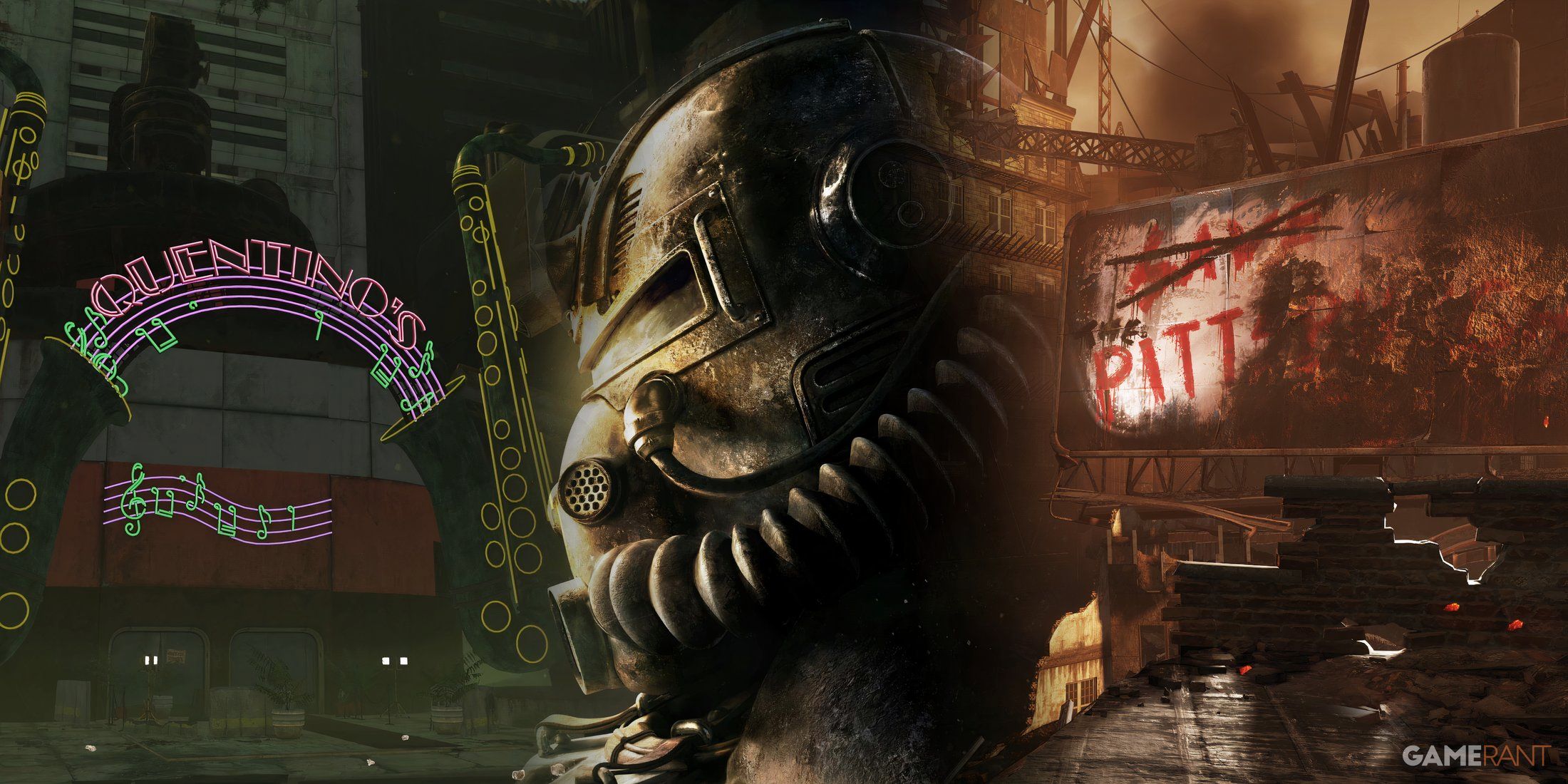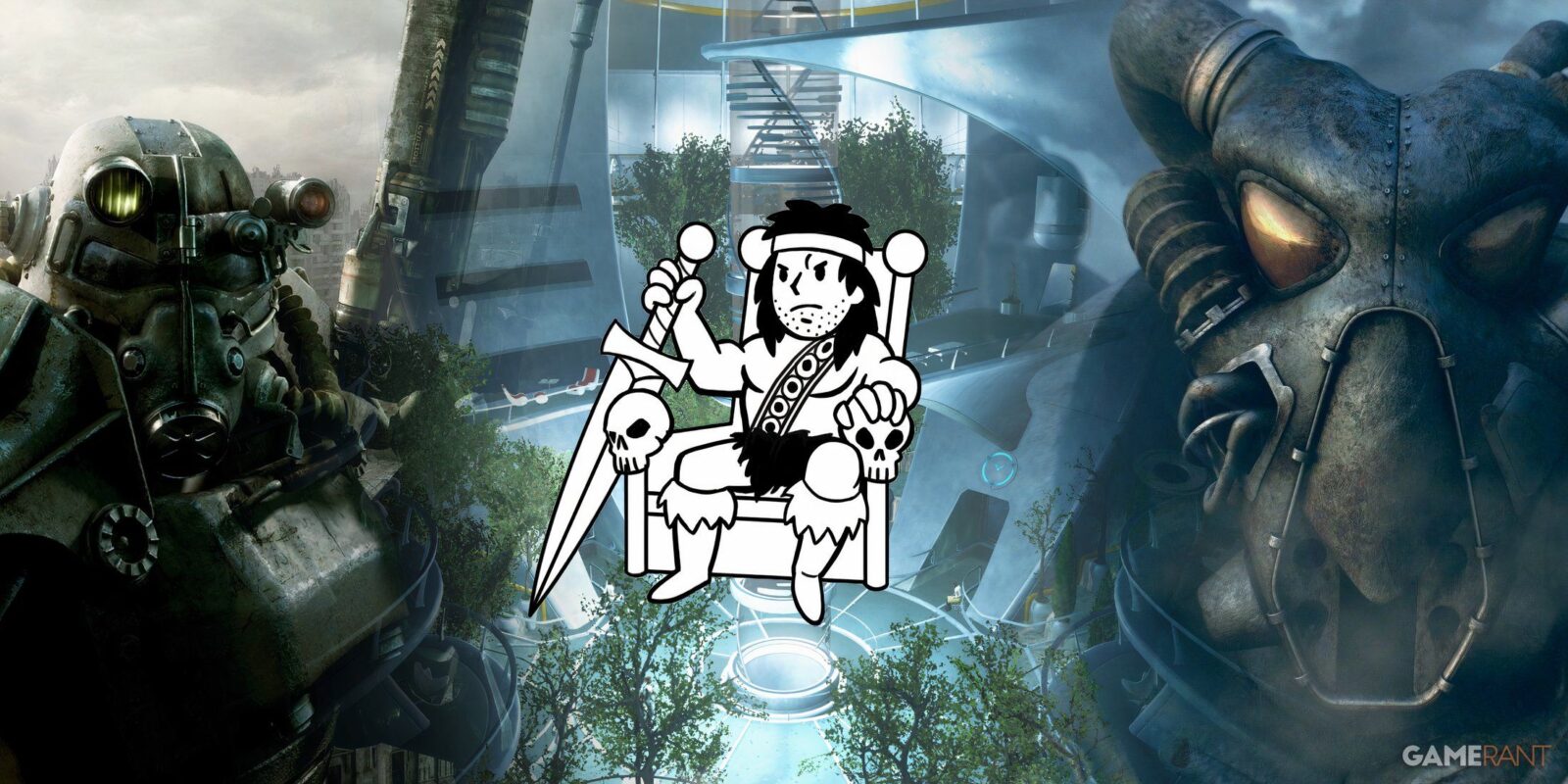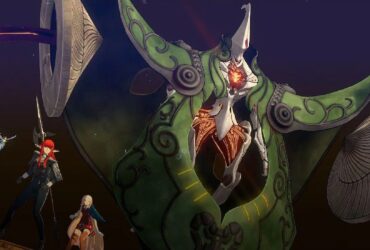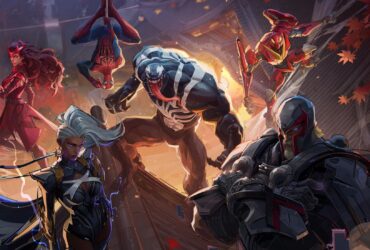Across multiple developers and eras, the Fallout series has featured a diverse array of collectives with vastly different approaches to coping with the destruction of human civilization. These various factions have offered multiple paths for the player to follow in every major entry, with many of them returning on multiple occasions in different chapters with similar core beliefs. As more than an RPG trope and a mainstay of Bethesda’s releases, the presence of factions in the Fallout games has served as one of the most defining aspects of their immersion.
The roles of competing groups and their clashing perspectives have a tendency to be integral to the themes of a given title, with several of them having become symbols of the series even outside that dynamic. With some of them being relegated to lesser importance or simply falling short in their intentions, it’s also become clear that the best factions of Fallout have managed to contribute far more than others.

Related
Why Fallout 76 Would Be Wise to Keep Visiting American East Coast Cities
As the other side of the franchise keeps expanding to the west, Fallout 76 can capitalize on the unexplored regions of post-apocalyptic East Coast.
S-Tier Fallout Series Factions
Iconic Cultural Impacts on the Wasteland
- New California Republic (Fallout 2)
- Brotherhood of Steel (Fallout)
- The Institute (Fallout 4)
On a fundamental level, the entire Fallout series wouldn’t be the same if it was missing these collectives and their visions. Between impressive technology, organizational strength, and concrete ideologies that can move players both inside and outside a role-playing context, each of these factions forms a vital part of the post-apocalypse’s identity.
Often serving as a representative of how much hope efforts to rebuild a fractured society can inspire, the NCR has been one of the most earnest attempts at a post-war government since its introduction in FO2. With an impact cemented by its return in New Vegas, joining this republic as it fights for dubiously upheld democratic law and order can provide one of the more nuanced experiences as a member of a military stretched thin.
The Brotherhood of Steel of Fallout operates with a similar fervor regarding the preservation of pre-war technology across most entries in the series, while their strict policies and extreme views reflect a discipline-based order of meritocratic skill. That’s not even mentioning their power armor, a symbol that has become synonymous with the IP.
The latest of these is The Institute, an order instead built on futuristic science and the manipulation of other groups using Synths. While it might be known for lacking ethics in its approach, the bold prosperity of these scientists challenges the bleakness of Fallout as a whole.
A-Tier Fallout Series Factions
Lasting Legacies of the Franchise
- Enclave (Fallout 2)
- Followers of the Apocalypse (Fallout)
- Caesar’s Legion (Fallout: New Vegas)
- Robert House (Fallout: New Vegas)
- Yes Man/Independence (Fallout: New Vegas)
These are vital parts of the titles in which they appear, having become recognizable parts of the series despite potential core ideological flaws that can make them chilling to interact with. The Enclave, despite being as advanced as others and boasting even more ambition, is marred by authoritarian beliefs in human supremacy and a willingness to impose violence on wastelanders.
The terrifying Caesar’s Legion of Fallout: New Vegas operates with an even more opaquely dark nature, with popularity driven by player detachment from its large-scale military conquest and oppression. The Followers stand at the opposite end of the spectrum, a humanitarian effort arguably held back by its adherence to pacifism in a brutal and chaotic setting.
When it comes to the differing fates for the city of New Vegas, each response to Mr. House’s Fallout: New Vegas plan to seize control forms a satisfying allegiance. The Courier can ensure freedom is put above allying with the Securitron Yes Man, or empower the preservation of House’s isolated, elitist ambition in an instance of some of the most player agency possible. That dichotomy between these can achieve a moving, philosophical sense of conflict between collective and self-interest, but are also held back by a lack of broader influence outside the immediate area and isolated moral implications.
B-Tier Fallout Series Factions
Often Overshadowed Highlights of Their Games
- Khans (Fallout)
- Vault City (Fallout 2)
- The Family (Fallout 3)
- Reilly’s Rangers (Fallout 3)
- Boomers (Fallout: New Vegas)
- The Railroad (Fallout 4)
- Commonwealth Minutemen (Fallout 4)
- Raiders (Fallout 76)
While these groups contribute to the worldbuilding and narratives of Fallout by offering some unique perspectives on post-war society, their lack of far-reaching influence can prevent their questlines from feeling truly weighty. Their moral dilemmas can be just as heavy, but their relative self-containment can also leave them without the greater stakes that tend to accompany bigger movers.
The likes of The Family, Khans, and the Boomers are all memorable forces with their own niches in the wasteland, but they’re also relatively short-sighted operations in the long run. The Railroad is only a promising operation that grew between titles, and although the likes of the Minutemen of Fallout 4 and Vault City have a sense of appeal in their noble pursuits, the downsides of their decentralization and isolation can ultimately make them feel vulnerable.
C-Tier Fallout Series Factions
Fallout’s More Niche or Underdeveloped Routes
- Children of the Cathedral (Fallout)
- Unity (Fallout)
- Hubologists (Fallout 2)
- Abolitionists (Fallout 3)
- Settlers (Fallout 76)
- The Responders/Fire Breathers (Fallout 76)
- Pioneer Scouts (Fallout 76)
With several of these potentially having questionable validity as full-fledged factions in the first place, they can tend to act more like Fallout‘s minor quest-givers despite the player’s key involvement in their collectives. This peripheral status doesn’t always mean they’re irrelevant to the main narrative, but a lack of ability to influence their path can deflate their long-term status when stacked up against their contemporaries.
There’s a limited amount of engagement possible with the antagonistic Children and Unity, with their impacts somewhat deflated by the inevitability of encountering Fallout‘s villainous Master. The goal of forcefully evolving humanity was a formative aspect of the beginning of the series, but the actual faction associated with this vision has since fallen into obscurity. Regardless of a clear ethos inspiring the likes of the Abolitionists, Hubologists, and groups to gain reputation with in F76, their lesser roles can often leave them as pawns in the bigger game being played by more major forces.












Leave a Reply